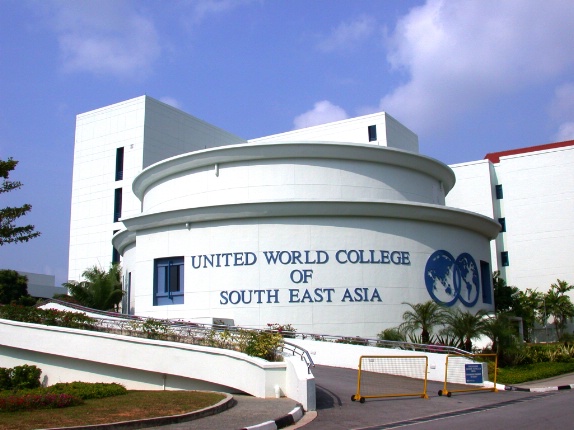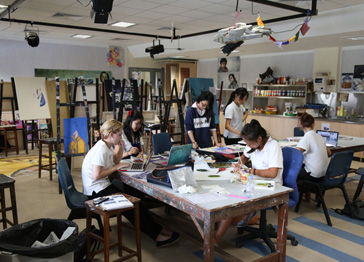It is a truth, not always acknowledged, that all schools, for-profit or otherwise, are in the business of selling. And the language of the sales pitch is almost identical: on offer is a holistic experience that moulds the whole child with an emphasis on 21st Century Learning, where the focus is not simply on academics (although of course these are important) but on service, outdoor education and a values-based education. Whole paragraphs of one school’s promotional material can be lifted verbatim from one website into another and no one would know the difference. The first task, therefore, of any parent choosing a school is to look through the glossy image that the school projects and see the actuality. How, then?
The most important consideration is whether the school fits your child’s academic and social needs. The school admissions staff may know the school, but you know your child, and what’s right for one family may not be right for the next. Don’t be too persuaded by what ‘everyone else’ is doing.
Having said that, word of mouth is one of the most important indicators. What are the parents and the students, saying? How enthusiastic are they about the programme on offer and, crucially, the teachers who are delivering it? Are they happy that the ‘promise of the pitch’ is reflected in the reality of the experience? The answers to these questions will begin to crystallize your impressions of the school.
Visiting a school is essential but be aware that those giving the tour are people who believe in the product. Try to visit the school during a lunch or recess break time. The informal chatter of students will reveal their engagement in the day-today process of learning.
See beyond the facilities. Students do not remember state of the art buildings and shiny technologies. They remember their teachers, they remember their lessons. So ask hard questions, particularly about staff. For example, ask about staff turnover, ask about how regularly they are appraised and what the school policy is on professional development.
Insist on evidence that the school does what it says it does. Ask about the things that are important to you and your child. Such evidence is not simply a matter of results or what universities students get into. Look for the value-added experience. Find out how many activities take place each week, how many representative sports teams there are, how many students take instrumental music classes. And don’t stop there. Find out how many opportunities there are to connect with the local community, if there are student-led empowerment projects, how many student hours are spent overseas. These, above all, are the crucial and meaningful indicators of the holistic education that every parent wants for their child.
By ensuring you examine what’s important to your family before you start the process, you will be in a position to make the best-informed decision you can about which school is the best for your child.
UWC South East Asia (UWCSEA) in Singapore enrols day and boarding students in a K-12 programme that leads to the IB Diploma. It’s 5,500 students are on two campuses, and are further organised into four distinct school sections on each campus which provides age-appropriate learning environments for students from 4 to 18 years old. A not-for-profit school founded in 1971, UWCSEA is a member of the UWC movement. This is a global group of 16 schools and colleges who share a common mission to use education as a force to unite people, nations and cultures for peace and a sustainable future.
Read more Singapore News and Education News here




